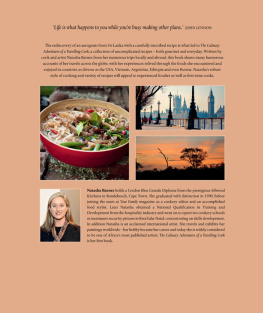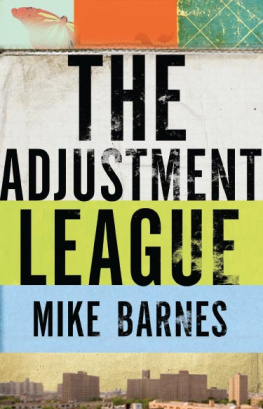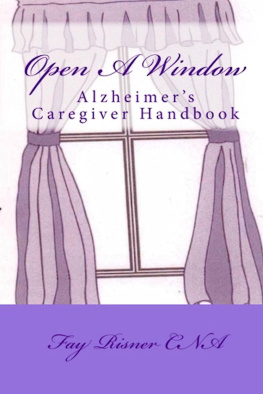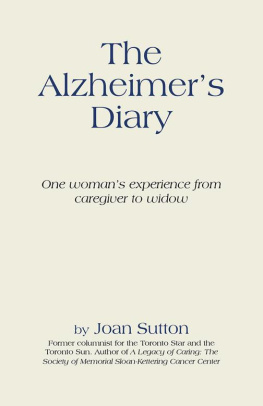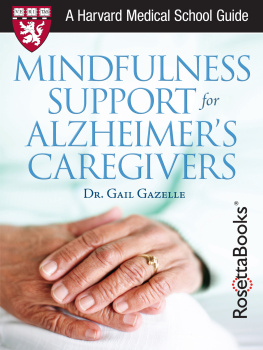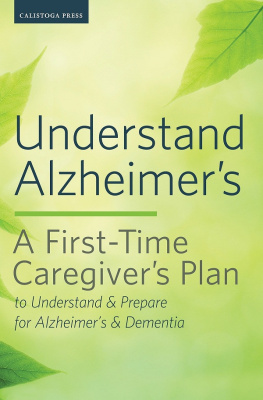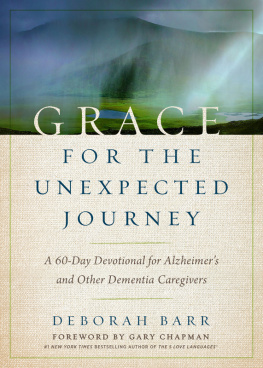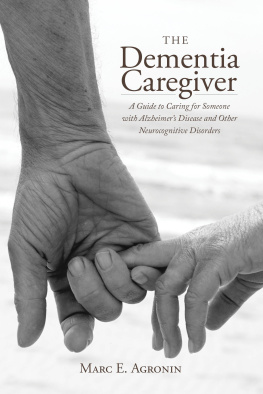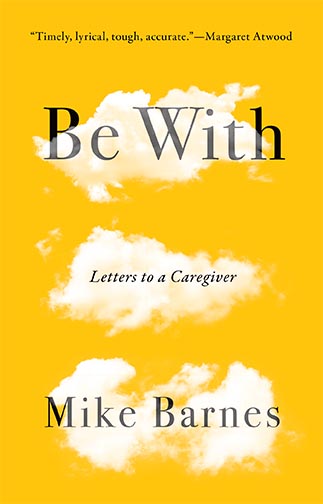Be With
Letters to a Caregiver
Also by Mike Barnes
Short Story Collections
Aquarium (1999)
Contrary Angel (2004)
The Reasonable Ogre: Tales for the Sick and Well (2012)
Novels
The Syllabus (2002)
Catalogue Raisonn (2005)
The Adjustment League (2016)
Non-Fiction
The Lily Pond (2008)
Poetry Collections
Calm Jazz Sea (1996)
A Thaw Foretold (200 6)
Be With
Letters to a Caregiver
Mike Barnes
BIBLIOASIS
WINDSOR, ONTARIO
Copyright Mike Barnes, 2018
All rights reserved. No part of this publication may be reproduced or transmitted in any form or by any means, electronic or mechanical, including photocopying, recording, or any information storage and retrieval system, without permission in writing from the publisher or a licence from The Canadian Copyright Licensing Agency (Access Copyright). For an Access Copyright licence, visit www.accesscopyright.ca or call toll free to 1-800-893-5777.
FIRST EDITION
Library and Archives Canada Cataloguing in Publication
Barnes, Mike, 1955-, author
Be with : letters to a caregiver / Mike Barnes.
Issued in print and electronic formats.
ISBN 978-1-77196-243-8 (softcover).--ISBN 978-1-77196-244-5 (ebook)
1. Caregivers. 2. Care of the sick. 3. Dementia--Patients--Care.
I. Title.
RA645.3.B37 2018 362.14 C2018-901717-1
C2018-901718-X
Edited by Daniel Wells
Copy-edited by Emily Donaldson
Cover designed by Michel Vrana
Typeset by Chris Andrechek




Published with the generous assistance of the Canada Council for the Arts, which last year invested $153 million to bring the arts to Canadians throughout the country, and the financial support of the Government of Canada. Biblioasis also acknowledges the support of the Ontario Arts Council (OAC), an agency of the Government of Ontario, which last year funded 1,709 individual artists and 1,078 organizations in 204 communities across Ontario, for a total of $52.1 million, and the contribution of the Government of Ontario through the Ontario Book Publishing Tax Credit and the Ontario Media Development Corporation.
Be With
Letters to a Caregiver
Dear
Someone told me that your loved one has been diagnosed with Alzheimers.
I was sorry to hear that, and also a little frightened for you both.
I feel I know a few things about you, even before we meet.
Already you are busy beyond belief. Stretched thin, getting by on meagre sleeps. You are sad, frightened, troubled, confused. Dark waves of these emotions estrange you at times from your normal life. But you are also energized, adrenalized. You push down the sadness and the fear to be there for your loved one. To be a voice for, an ally, a companion. To help in every way into this dark.
You are on Caregiver Time. Its like New Parent Time, Student Crunch Time, Double Overtimeall those other stressed and sleepless zones. But Caregiver Time lasts longer. It can last for years. Its lasted seven years, so far, for me.
Thats why Im composing these the way I am. In short bits. Bits I have the time to write, bits you might find the time to read. In a waiting room. During a loved ones nap.
Over takeout coffee in the parking lot.
Messages in bottles.
Uncork on any beach.
I also have in mind those packets of dried food people take on long trips into the wilderness. Compact, lightweight nourishment, high in energy and nutrients. Oat bars. Pemmican strips, in olden days.
Pemmican posts ?
Read just this. Or, if you like, read several in a row. (Its strange how the over-busy often look for even more to do, from a need for distraction or from the habit of pure speed.) The result may be the same in either case. Your mind crammed and distracted, youll forget what you read and need to read it again. And that will be a satisfaction, I hope.
Read just this. Put it in your mind like a single pebble in your pocket. Feel it theresmall, hard, irregular, with its own peculiar shapeuntil you have the time to come back for another.
In an hour, a day, a week. A year.
The bits of news, food, stone will still be there.
Im sending you the news I needed to hear myself. Needed and still need often, ransacking confusions to find a clear way forward.
You see, nine years ago, when my mother, Mary, was diagnosed with Alzheimersand, really, for some years before that, when something-wrong was obvious but hadnt yet been namedI had need of the items, soft and hard, I aim to send here.
Soft: fellowship, solace, understanding.
Hard: facts, clarity, direction.
You need accuracy, but you need kindness too. We all do. Accuracy without kindness is too unfeeling to be true. And kindness without accuracy is too unreal to be felt.
Blah blah blah, Mary says, when stuck in an activity session involving a speaker or storyteller. Doesnt like to share the stage, says Laura, the activity coordinator in her current care home. Partlyand yet, no. Mary transfixes, roots visibly, to a voice speaking; grows intent and still as its currents envelop her. The talk can be about anything, as long as its just talk. But she has an urchins antennae for speech designed to edify or placate her.
Forgive me in advance my blah blah blah.
Lets try to get a timeline, first. It may be the last thing you want right now. I resisted clock-talk for years myself. Even hearing the word timeline made me bristle. It belonged to a world of cold quantities that reduced, I felt, individuals with dementia to a kind of grey goo, deteriorating with predictable uniformity
as microscopic proteins accumulate in their brains, just as, in that other end-of-the-world scenario, replicating nano-bots turn the particularized universe into mush. Talk of timelinesof stages in the course of a disease not only equated people with their disease, it gave everyone the same disease. One patient, one disease. That offended me greatly. And was just plain wrong besides. When I meet, as I often do, ten or fifteen people with dementia in a row, they seem as various as any other ten or fifteen people. Maybe they are all moving roughly in the same directionlike caribou moving across a plain from east to west, say, on various meandering paths, some pausing, some even reversing course, but all, after a time, closer to the setting sun than when they beganbut the same sense of a shared trajectory can be felt in a nursery, a school classroom, a company cafeteria, a retirement party. People are people, and people are persons, you realizeunless you dont.
I still feel that way. With time, however, I see better the overall direction of dementia, its east-to-westness, and even the somewhat distinct (though still messy and overlapping) stages of its passage. I realize, too, that part of the reason I couldnt see this before was that I was simply overwhelmed. My twenty-hour caregiving days bombarded me with so many urgent particulars, a great many of them brand new and all of them constantly changing, that I simply lost the ability to see beyond getting through this minute, this hour, this day. Self-protectively, I lost my pattern recognition. Now, with things a little quieter, some of it is coming back.


